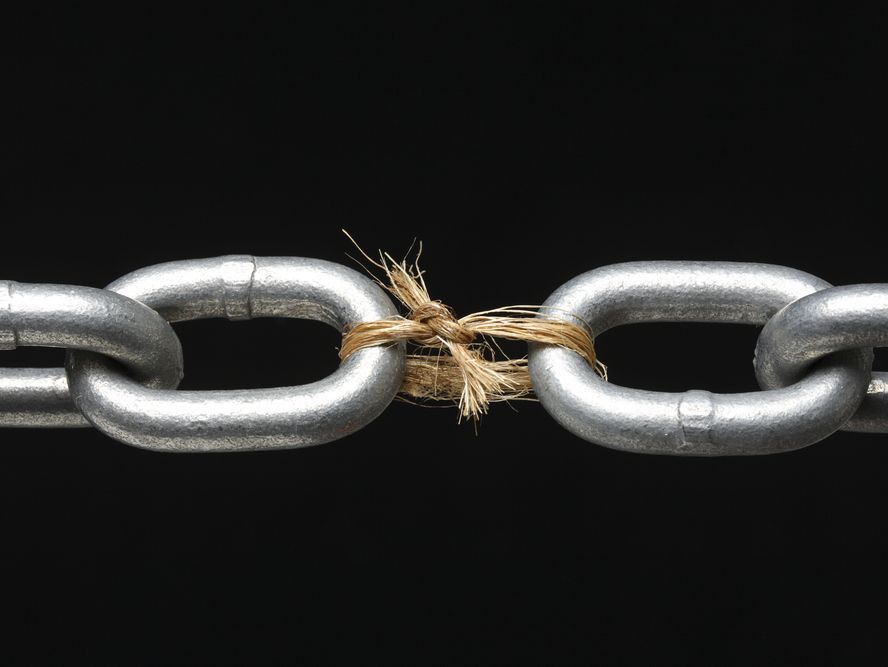
29/04/2022 0 Comments
VIRGIN ON THE ROCKS
There was this Helpless Virgin who had been chained to a rock in the middle of the lake as a sacrifice to the Dreaded Monster.
The Crowd gathered on the shore.
The Virgin on the Rock cried “Help help … Oh whatever am I to do?”
The Crowd wanted to feel useful. They wanted to feel like nice people. They all want to Save the Helpless Victim.
So they all went off and took a lot of time and trouble to find the Keys to the locks which held her trapped. Then they came back and threw them to her so she could Free Herself From Her Terrible Fate.
Then they all went away, feeling clever and good about themselves because they have been able to help the Poor Victim to be released from her Terrible Fate.
They returned the following day to see how she was doing, and were surprised to see that the Virgin is still chained to her Rock, crying plaintively for help.
“Why didn’t you use the keys we gave you?” They asked.
The Virgin looked at them helplessly. “I know I should have. I don’t know why I didn’t do it. And now I’ve let the keys slide into the water! Oh woe is me. I’m going to be eaten by the Dreaded Monster. I don’t know what to do. Please tell me what I should do!”
So once again the crowd went and found keys for her to escape.
And once again, when they come back the following day, there she was, still chained to her rock, crying helplessly.
Eventually the crowd got tired of this, and drifted away.
When she saw that they were all leaving, the Virgin on the Rocks picked up a big stone and threw it into the water, waking up the Dreaded Monster, who naturally got very angry and came roaring up out of the water. lunging at her, and causing her to shriek and shrink back in terror.
The crowd rushed back, drawn by the drama, the horrifying possibilities.
They all want to help. They want to save her from her Terrible Fate.
And so the cycle began again.
A couple of years ago a woman came to me suffering with depression.
It was real. And she was suffering. That was absolutely true. But her poor husband and family looked like refugees from Planet Misery, hag ridden, guilty, hunted, exhausted, emotionally drained.
After a number of sessions I tentatively introduced the issue of ‘secondary gain‘. Were there, I enquired, any possible plusses about her illness, positive things which she might stand to lose if she got better.
I was of course attempting to lure her into some understanding of how much control her illness had enabled her to have over her family; how if she got better, the family would be able to get on with their own lives and she would be forced to rely on her own resources.
“I suppose it made my family into better people” she said. “Me having this depression makes them see how lucky they are that they don’t have anything wrong in their lives.”
Most of us treasure our independence, and we fear any situational change that could cause us to lose it. But real disasters happen: illness, accidents, political situations such as the current war against The Ukraine, that cause people to need help, to depend on others for their lives.
But while loss of independence can certainly diminish a person’s life, it need not diminish the person.
And most of us know people for whom the loss of their physical independence did not cause them to feel diminished, people who struggle to assert their independence in the face of almost overwhelming odds.
DEFICIT IS DEPENDENCE BY CHOICE
Deficit is different. It’s dependence by choice. Not always a conscious choice, but a choice just the same. And it can be powerfully addictive.
THE TYRANNY OF WEAKNESS
Deficit creates a vacuum that forces others to rush in to try to help, to bring things back into balance. So they give and give, not realising that Deficit must always be alert for any possibility of empowerment, because the nature of Deficit is to be empowered by being dis-empowered.

Comments